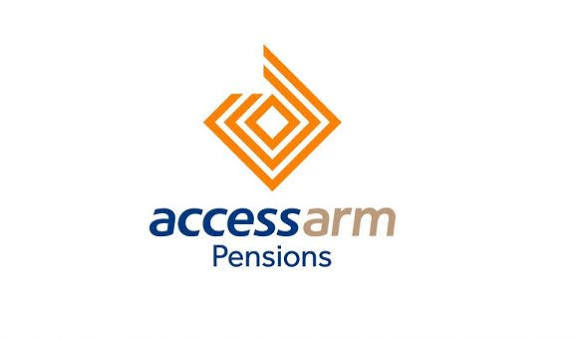A tech-heavy lender, Silicon Valley Bank, was closed down on March 10, 2023 and taken over by United States regulators owing to rising interest rates and others.
SVB is popularly known to be a financial partner of the innovation economy. Before its closure on Friday, it supports individuals, investors and tech-innovative companies to achieve scaling by providing finance.
Meanwhile, SVB failure is reported to be the first in 2023 of the institutions insured by the Federal Deposit Insurance Corporation.
Series of events have led to the final closure of the financial institution. Below are some of the reasons as highlighted by The Economic Times.
SVB was reported to have been impacted by the increasing interest placed by the U.S Federal Reserve, also referred to as the Central Bank of the United States.
In a bid to fight inflation, the U.S Federal Reserve has been increasing interest rates since 2021. Owing to this, investors are less willing to take on risk because the money that is accessible to them becomes expensive.
According to The Economic Times, “This weighed on technology startups – the primary clients of Silicon Valley Bank – because it made their investors more risk-averse.”
The market for initial public offerings for many startups was forced to close due to increasing interest rates.
The high interest rates also, “made private fundraising more costly, some Silicon Valley Bank clients started pulling money out to meet their liquidity needs. This culminated in Silicon Valley Bank looking for ways this week to meet its customers’ withdrawals.”
In an effort to redeem itself, Silicon Valley Bank “sold on Wednesday a $21 billion bond portfolio consisting mostly of U.S. Treasuries.
“The portfolio was yielding it an average 1.79%, far below the current 10-year Treasury yield of around 3.9%. This forced SVB to recognize a $1.8 billion loss, which it needed to fill through a capital raise.”
As a result of the bank’s inability to catch up, the Federal Deposit Insurance Corporation was appointed receiver by the regulator.
It was reported that the tech-heavy lender went into receivership and the FDIC is directing the sale of its assets.









